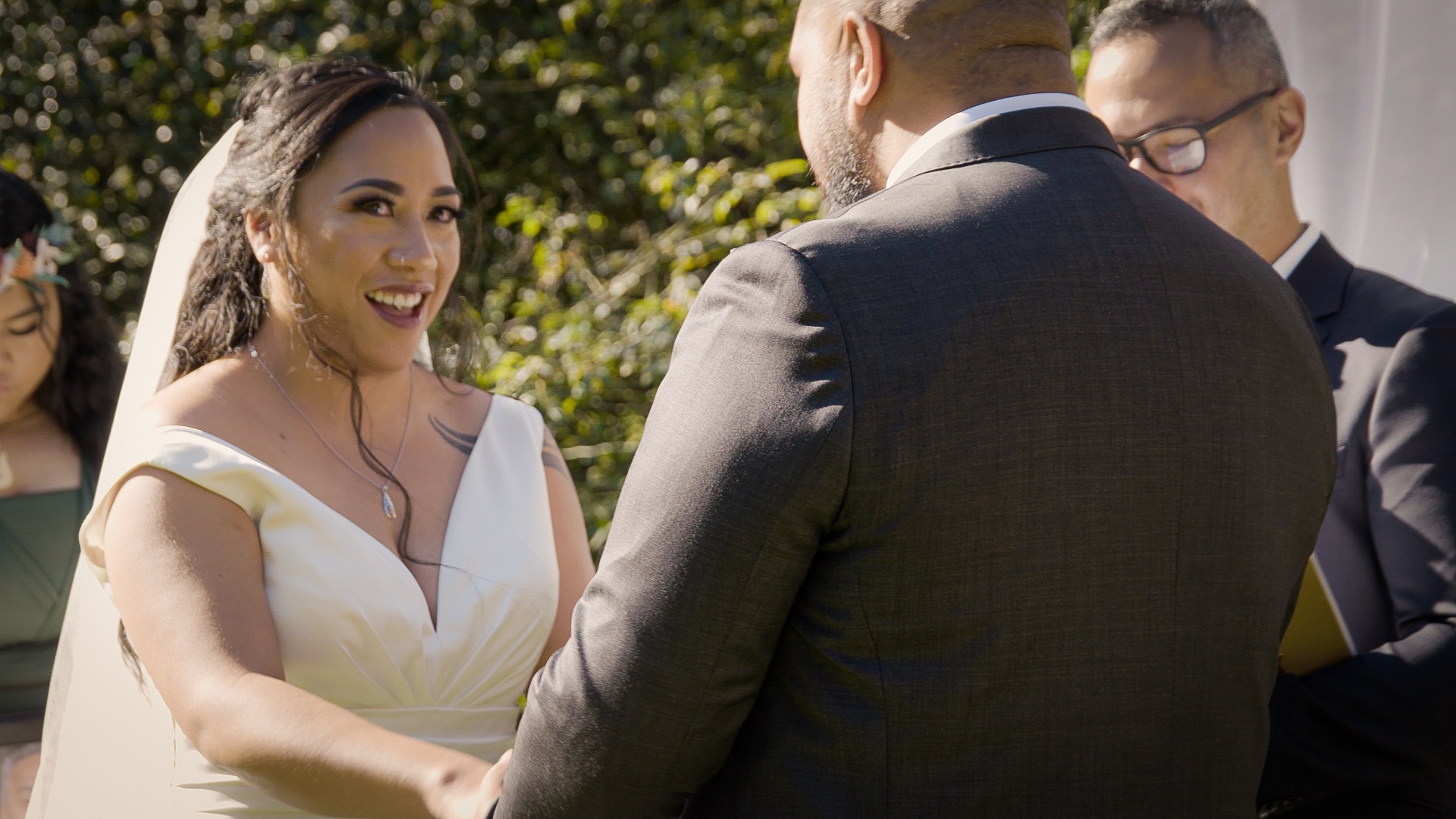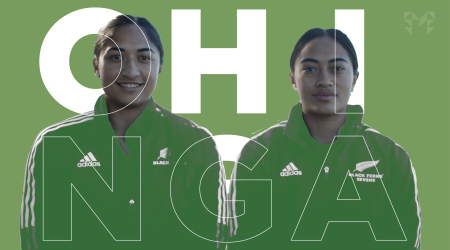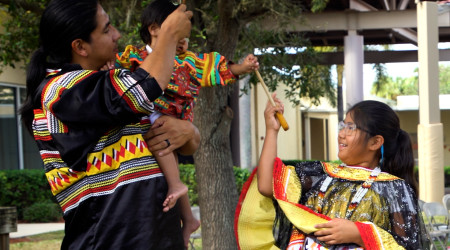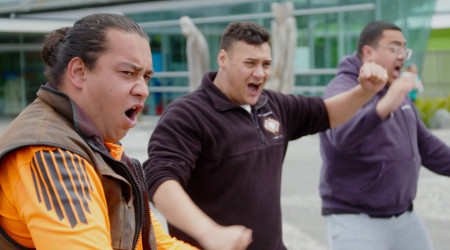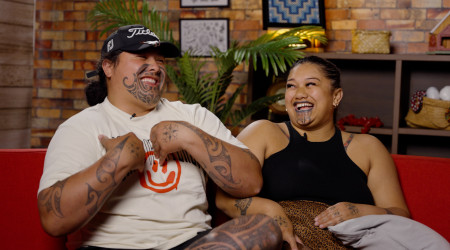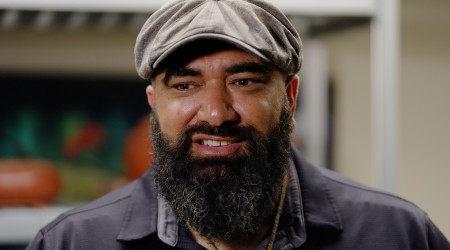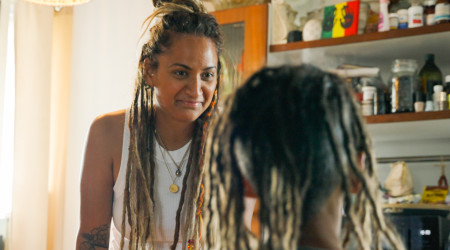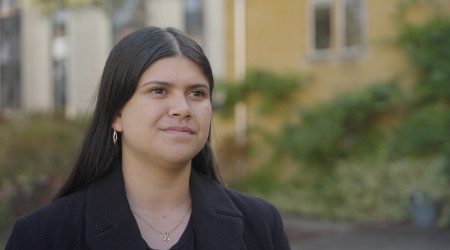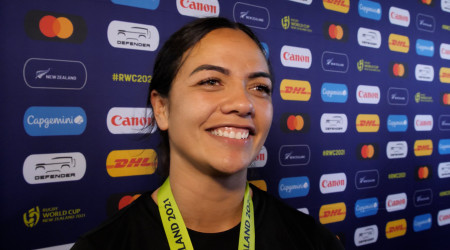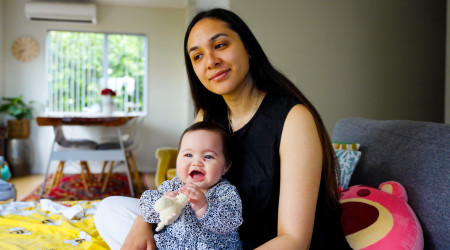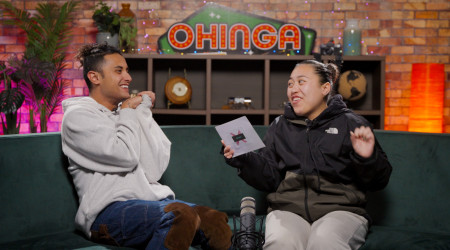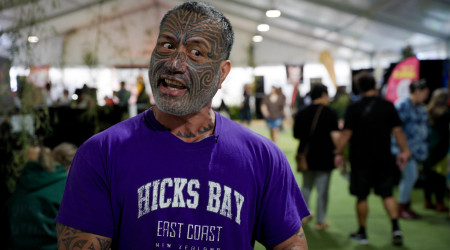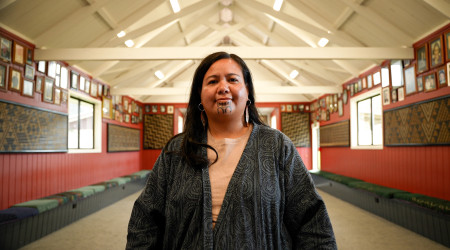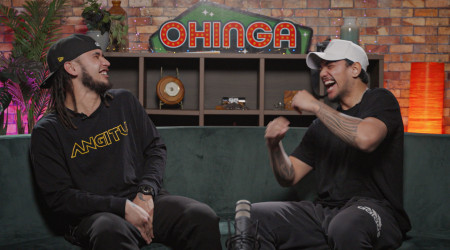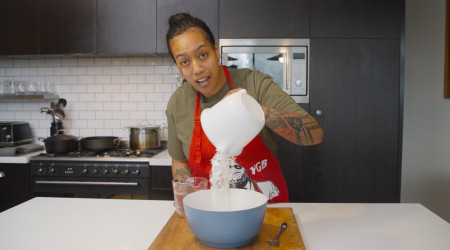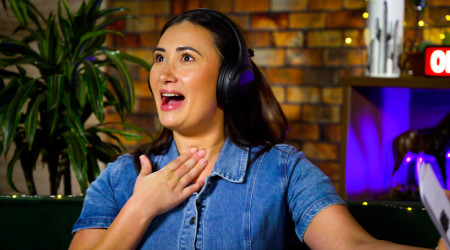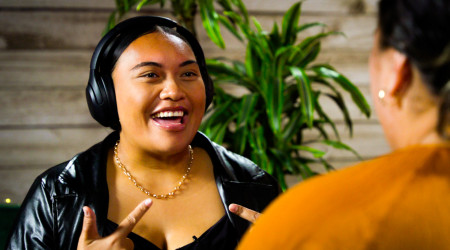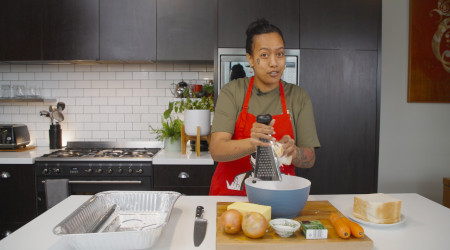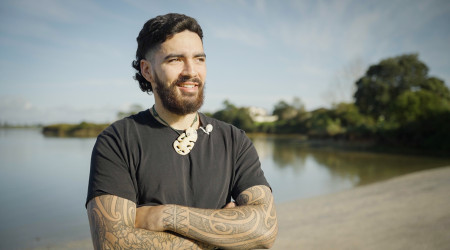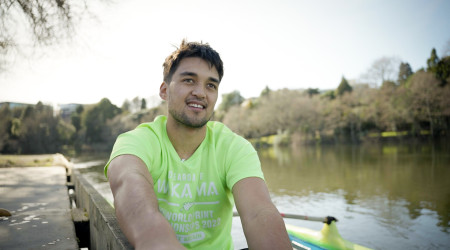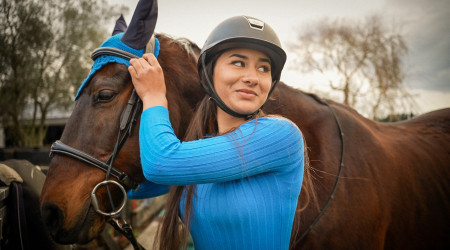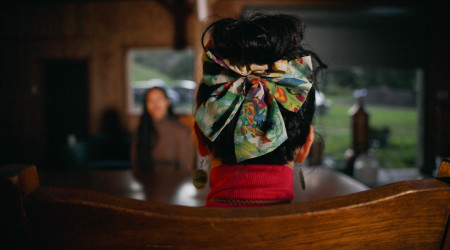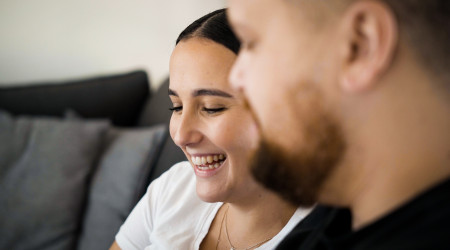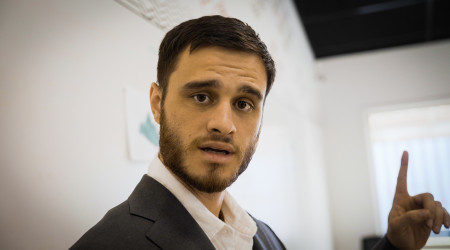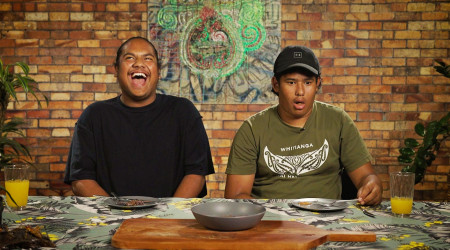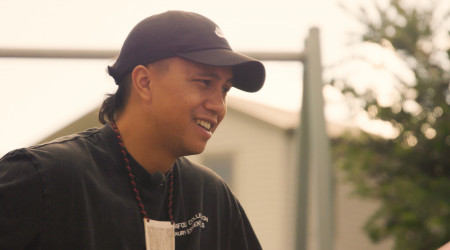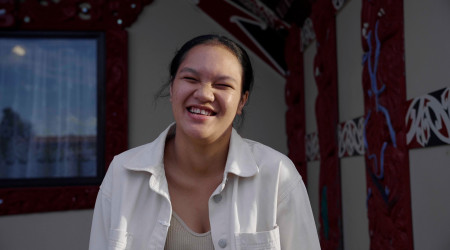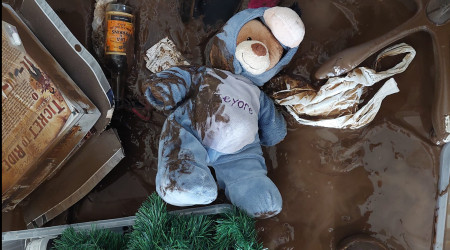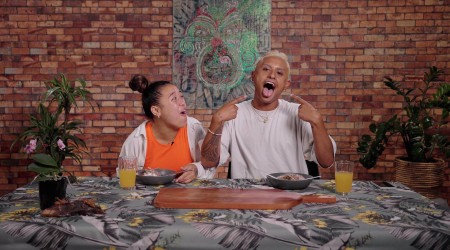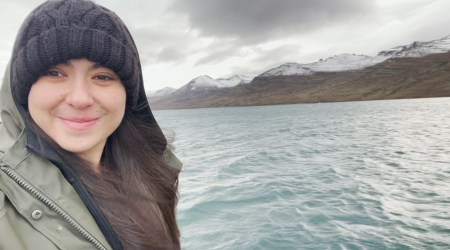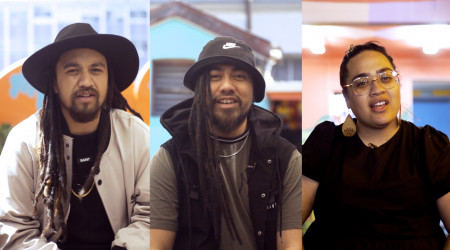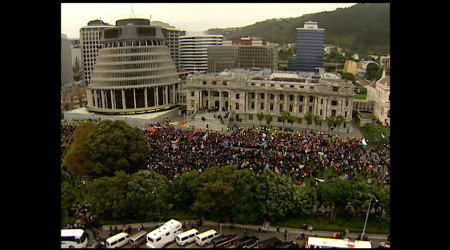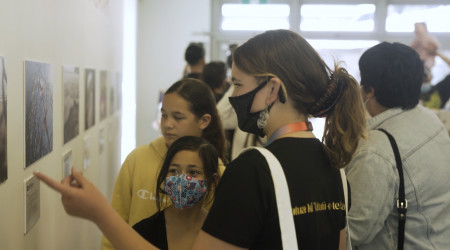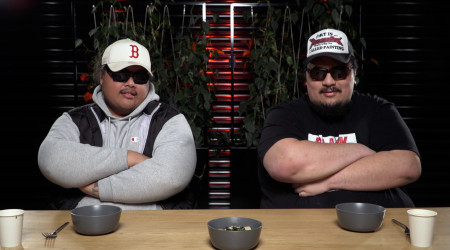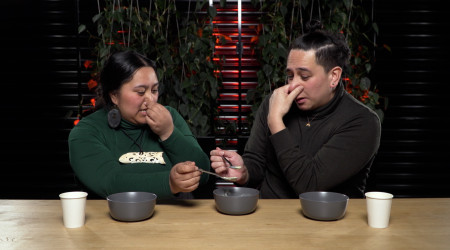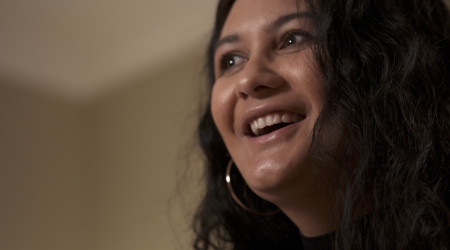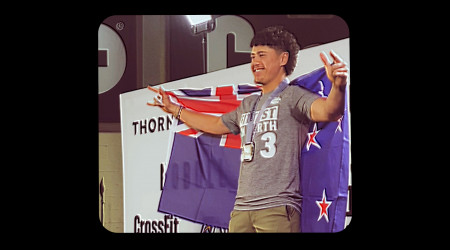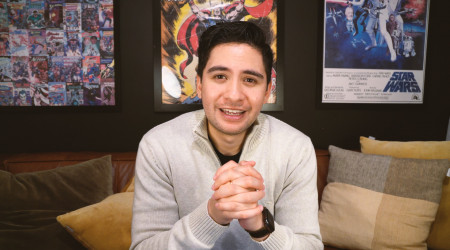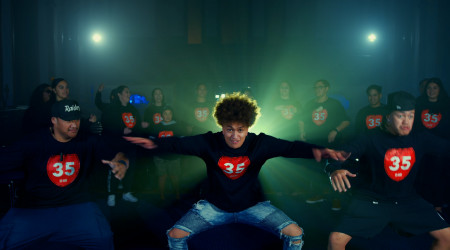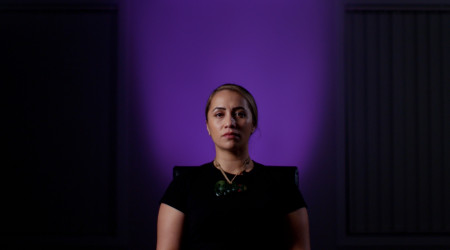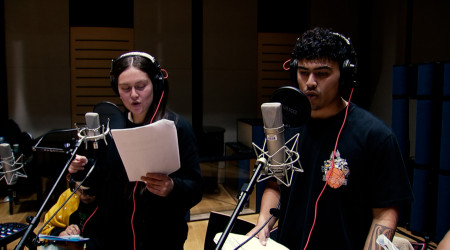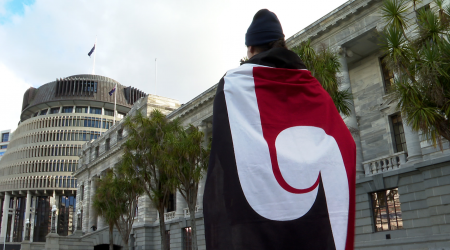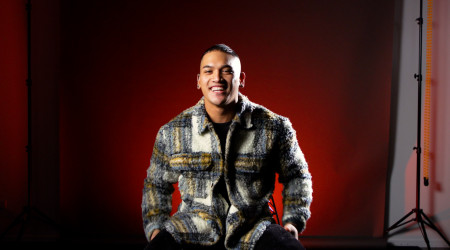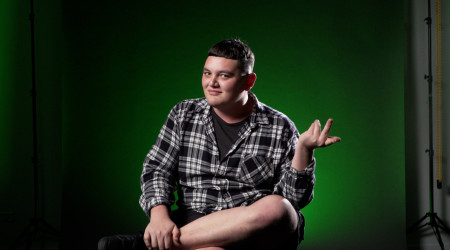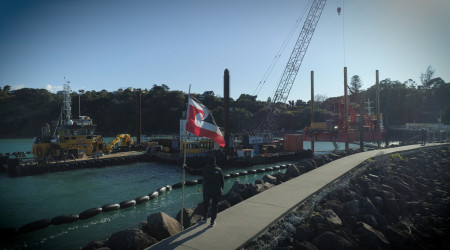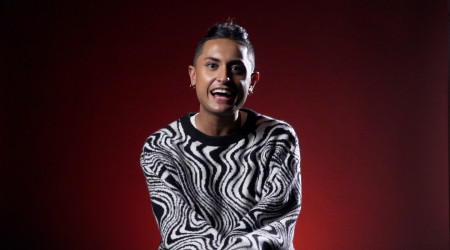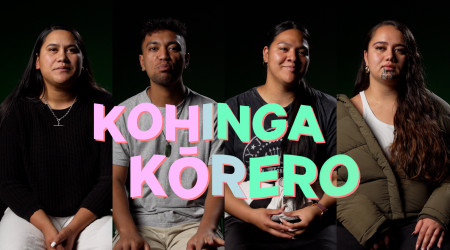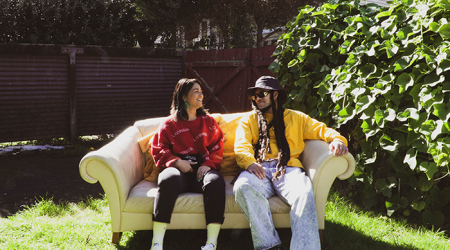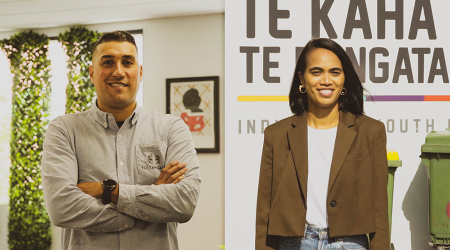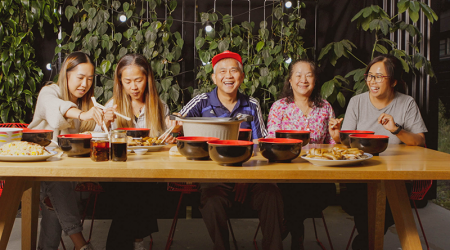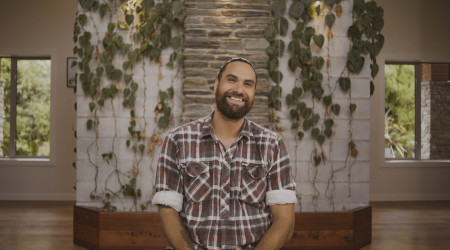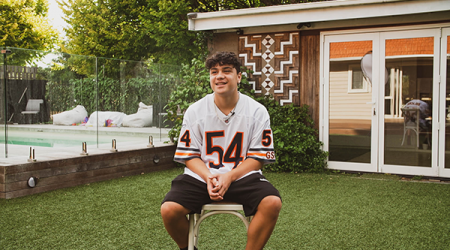How Māori celebrants are indigenising weddings
Māori celebrants are seeing a surge in popularity as an increasing number of couples look to indigenise their wedding day.
Iripa Rangi (Ngāi Tūhoe) became a celebrant so he could officiate his friend’s big day.
“I had no plans to be a celebrant in the future but when people found out I was registered, everyone just kept asking me to be their celebrant,” he told Re:’s reo Māori series Ohinga.
“It's become a bit of a passion project for my wife and me - to be able to offer that to people is something that we absolutely love and enjoy.”
Iripa and his wife Jess are part of a new TVNZ series called ‘Aroha Nui: Say I Do’ which follows the lives of Māori celebrants as they guide couples on their journey to the altar.
“A lot of our couples are going through a journey, of sort, of personal discovery and self discovery,” Iripa says. “Some of them are learning Māori for the first time, some of them are rediscovering their Māori roots and their reo - and so through that the demand for Maori celebrants has increased.”
He says his understanding is that Māori did not hold weddings as such prior to colonisation.
“Nowadays, in terms of how we make them a better reflection of te ao Māori and Māori culture … we have some elements of rituals that we incorporate other aspects of te ao Māori in by way of korowai and taonga and gifting, but the more natural element is the use of te reo Māori.”
“It's a real privilege that I get to deliver this kind of service to those who want to get married.”
Sarina Wawatai (Ngāti Porou) and Tauira Ponga (Te Ati Haunui-a-Pāpārangi) recently got married at Waihi in the Bay of Plenty. Iripa was their celebrant.
“It was something that we both really wanted; was to have a celebrant that can speak the reo,” Sarina says. “Even though we don't ourselves, it's something that we want to explore. It was something that I think for both of our whānau, we really wanted to incorporate more in our wedding.”
This is part of our reo Māori series, Ohinga, created by Mahi Tahi Media, with funding from Te Māngai Pāho and the NZ on Air Public Interest Journalism Fund.
Stay tuned for a new episode every week.
